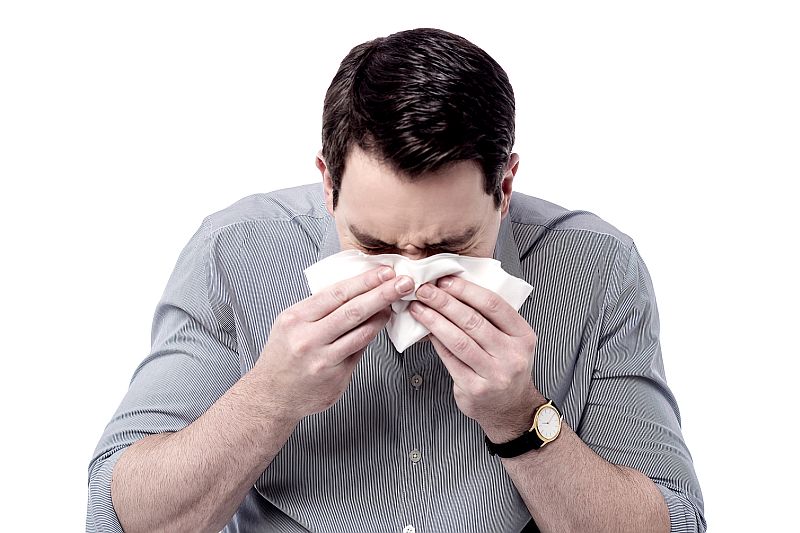
Think your spring allergies are worse than ever? You could be right, and climate change may explain it, an allergy expert says.
Dr. Margaret Co, director of allergy and immunology at The Valley Hospital in Ridgewood, N.J., says global warming could have a major effect on people with seasonal allergies, which affect 35 million Americans.
The United States had its second-warmest February ever, and pollen season is coming into full bloom. Co offered several tips in a hospital news release to help keep your allergies under control this spring.
Pollen levels spike on sunny and windy days, so stay inside as much as you can. The best times to be outdoors are early morning and on cloudy, windless and rainy days.
Monitor pollen counts so you know when to limit outdoor time. You can sign up for free email alerts at pollen.aaaai.org on your smartphone, and add its pollen counter to your home screen for reference.
At home, keep windows closed and use air conditioning if possible. In the car, keep windows closed and use the recirculate option for air conditioning.
When outdoors, wear sunglasses and a wide-brim hat to help prevent pollen from getting into your eyes. When you go inside, shower to remove pollen from your hair and skin.
Co recommends taking allergy medications at the start of, or before, the pollen season and regularly throughout the season.
Allergy shots (immunotherapy) can offer long-term relief of symptoms. For people with certain allergies who don’t want to get shots, a daily allergy tablet under the tongue is another option, she said.
More information
The American Academy of Family Physicians has more on seasonal allergies.
Source: HealthDay

Leave a Reply